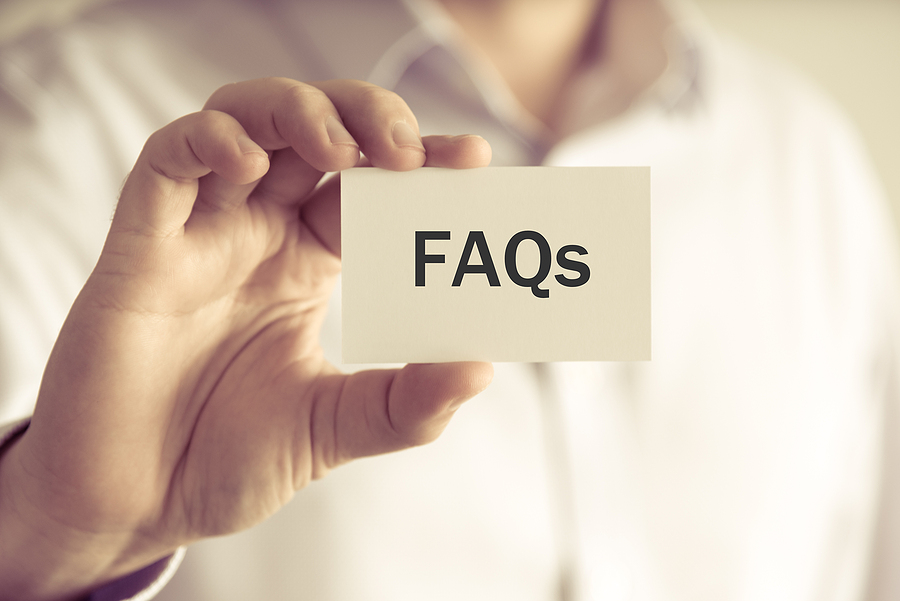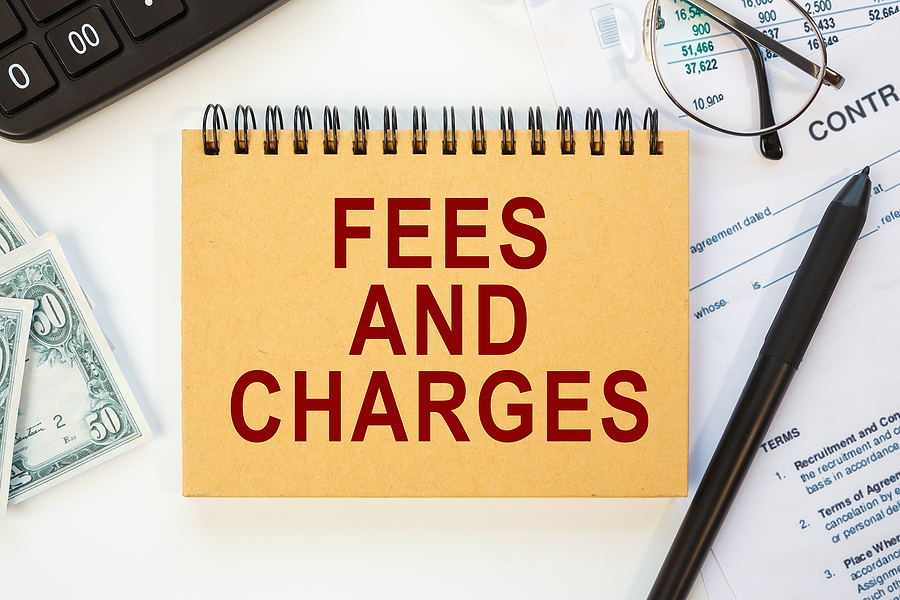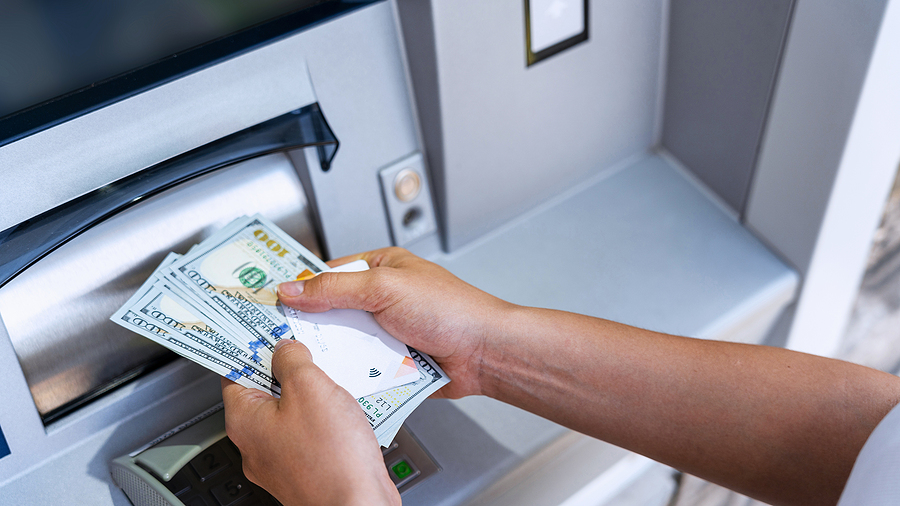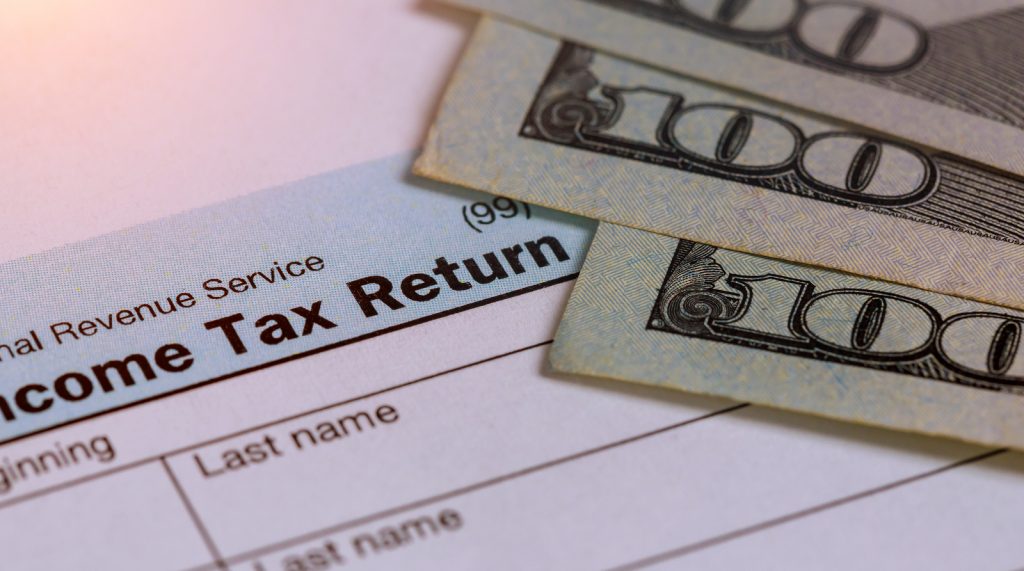Navigating the bail bond system in Indiana can be a daunting experience, especially for those unfamiliar with legal procedures and terminologies. Whether you’re dealing with an arrest situation directly or supporting a loved one through the process, understanding how bail bonds work is crucial. This blog post aims to demystify the Indiana bail bond system by addressing common questions and providing clear, concise answers.
From the basics of how bail bonds operate to the specifics of fees and conditions, we will equip you with the knowledge you need to navigate this complex system with confidence. Stay tuned as we break down the bail bond process step by step, ensuring you are well-informed and prepared.

FAQs About Bail Bonds in Indiana
What is a bail bond?
A bail bond is an agreement between the defendant, a third-party called the surety, and the court. It allows the defendant to be released from jail in exchange for a promise to appear at all scheduled court hearings. The surety acts as a guarantor for the defendant’s appearance, ensuring that they will fulfill their obligations under the bond. In simple terms, a bail bond is a way for someone accused of a crime to secure their temporary release from jail while awaiting trial.
What are the rules for bail bonds in Indiana?
In Indiana, bail bond agents must be licensed and regulated by the Department of Insurance. They are required to follow state laws and regulations when conducting business, including charging only approved fees and following guidelines for collateral. Additionally, they are prohibited from engaging in any unethical or fraudulent activities.
Does Indiana have a no bail law?
No, Indiana does not have a no bail law. However, there are certain circumstances where a defendant may be denied bail. These include cases involving serious or violent crimes, previous failure to appear in court, and concerns about the defendant being a flight risk.
How is the amount of bail determined?
The amount of bail is set by the judge at the initial hearing, also known as the arraignment. The judge considers several factors, including the seriousness of the offense committed, flight risk, criminal history, and ties to the community when setting bail.
How does the bail bond process work in Indiana?
Are you wondering how to bail someone out of jail in Indiana? When a person is arrested in Indiana, they are taken to the local county jail where they are processed and booked. Once this process is complete, the defendant can either post bail or remain in custody until their court date. If the defendant wishes to post bail, they can either pay the full amount of the bond (known as a cash bond) or use a bail bondsman’s services.
Bail bondsmen will generally require a non-refundable fee of 10% to 15% of the full bond amount and may require collateral from the defendant or their loved ones. Once the bond is posted, the defendant will be released from jail and must appear at all scheduled court hearings. Failure to do so can result in the bail being revoked and the defendant being sent back to jail.
How much does a bail bond cost in Indiana?
The cost of a bail bond in Indiana is typically between 10% and 15% of the total bond amount set by the court. For example, if the bond is set at $10,000, a person will have to pay between $1,000 and $1,500 for a bail bond. This fee is not eligible for refund, as it serves as the bail bondsman’s compensation for taking on the risk of guaranteeing the defendant’s appearance in court.
Are there any conditions associated with a bail bond?
Yes, there are usually conditions attached to a bail bond in Indiana. These may include regular check-ins with the bail bond agent, restrictions on travel or contact with certain individuals, and compliance with any court orders. Failure to adhere to these conditions can result in the bail being revoked and the defendant being sent back to jail.
Can a bail bond be revoked?
Yes, a bail bond can be revoked if the defendant fails to appear in court or violates any of the conditions set by the court or bail bond agent. In such cases, the bail bond will be forfeited, and the defendant may also face additional charges for skipping bail.
What happens to the bail money?
If a cash bond was posted, and the defendant appears at all scheduled court hearings, the bail money will be returned at the end of the case. However, if a bail bond was used, the non-refundable fee paid to the bail bond agent is their compensation. The collateral provided by the defendant or their loved ones may also be returned once the case has been resolved.
Can a bail bond be refunded?
No, a bail bond cannot be refunded, even if charges are dropped or dismissed. Once the bond has been posted and the defendant is released from jail, the fee paid to the bail bond agent is non-refundable.
Do I need a bail bond if I have already paid bail?
If you can afford to pay the full amount of bail, then there is no need for a bail bond. However, if you do not have the funds readily available, using a bail bond can help you secure your release from jail at a fraction of the cost. It is crucial to understand that regardless of how bail is paid, the defendant must still fulfill their court obligations.
What if I cannot afford a bail bond?
If you are unable to afford a bail bond for yourself or a loved one, you may be able to seek assistance from a bail bond charity or organization. These organizations can provide financial support for those who cannot afford to pay the full amount of bail.
How much is a bond for a level 6 felony in Indiana?
The bond amount for a level 6 felony in Indiana can vary depending on the specific circumstances of the case. Generally, it is set at $5,000. However, this amount can increase or decrease based on factors such as prior criminal history and flight risk. It is best to consult with a bail bond agent to determine the exact cost for a specific case.
What is the difference between bail and bond in Indiana?
In Indiana, bail and bond are often used interchangeably, but there is a slight difference between the two. Bail refers to the monetary amount set by the court for a defendant’s temporary release from jail. Bond, on the other hand, refers to the contract between the defendant, their surety (bail bond agent), and the court. The bond serves as a guarantee that the defendant will fulfill their court obligations, and if they fail to do so, the bond may be forfeited.
Conclusion
In summary, by following the proper procedures and working with a reputable bail bond agent, you can help ensure a smooth release from jail for yourself or your loved one. Remember to always comply with court orders and show up for all scheduled hearings to avoid any complications in the bail process. And if you have any further questions about how the bail bond process works in Indiana, don’t hesitate to reach out to a trusted bail bond agent for assistance. Stay informed and stay prepared.
Bail may seem complex, but with the right knowledge and support, it doesn’t have to be intimidating. Contact Woods Bail Bonds at 317-876-9600 for 24 hour bail bond services in Indianapolis, Indiana you can trust. We also offer prearranged bail bond service for arrest warrants and probation violations.
Related Posts:
Frequently Asked Questions about Making a Bail Bond Payment
Understanding Bail Bonds: A lifeline in Troubled Times
Avoiding Bail Bond Scams: Tips for Finding a Trustworthy Company











